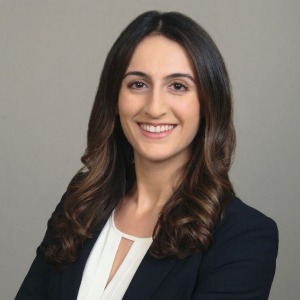Title : Diagnostic yield of whole exome sequencing in pediatric neurology practice: A retrospective study
Abstract:
Background: In pediatric neurology practice, a significant number of patients present with neurological symptoms lacking a definitive etiological diagnosis. Many are given diagnoses such as global developmental delay, cerebral palsy, autism, unspecified epilepsy, intellectual impairment or remain as unidentified syndromes. This uncertainty can be challenging for both families and physicians. Despite extensive evaluations and targeted genetic testing, many remain undiagnosed. Whole Exome Sequencing (WES), a next-generation sequencing approach, offers a single-test method to identify a broad range of genetic disorders, though its clinical use is limited due to access and cost.
Methods: A retrospective observational cohort study was conducted in a single pediatric neurology outpatient clinic between 2023 and 2025. Patients between the ages of 0 to 21 years old with undiagnosed neurological conditions who had WES through GeneDx, a clinical genetic testing company, during this timeframe were used in the study. The WES results were categorized as positive (a definitive diagnosis), negative, or variants of uncertain significance (VUS).
Results: A total of 87 patients (38 male, 49 female) underwent WES. Of these, 23 (26.4%) received a definitive diagnosis, and 41 (47.1%) had VUS findings. The 6–10-year-old age group had the highest diagnostic yield. The majority of VUS results were found in the 0-5-year-old age group.
Conclusion: WES provided a definitive diagnosis in over a quarter of pediatric neurology patients with previously unexplained conditions and identified VUS in nearly half. These findings support the early integration of WES in pediatric neurology to improve diagnostic accuracy, inform management, and guide genetic counseling.




